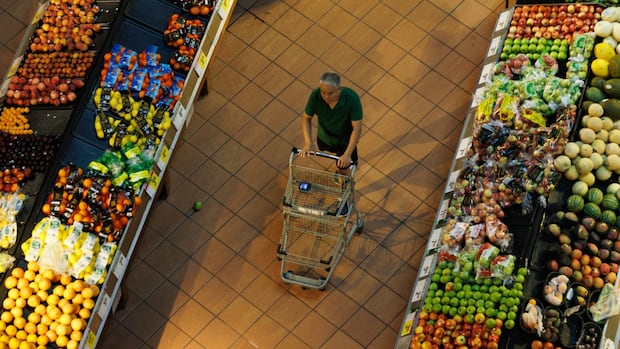Inflation slowed to 1.7% in July, but food prices rose at faster pace

Inflation Cools in July, Grocery and Shelter Costs Accelerate
Inflation in Canada cooled in July, largely due to relief at the gas pumps, but Statistics Canada reported that grocery and shelter costs were on the rise last month.
Key Points:
- The annual rate of inflation dropped to 1.7 per cent in July, down from 1.9 per cent in June.
- Grocery costs rose 3.4 per cent annually, with significant price increases in confectionery and coffee products.
- Fresh fruit prices went up by 3.9 per cent in July, driven by a nearly 30 per cent increase in fresh grape prices.
- Gasoline prices were down 16.1 per cent year-over-year, attributed to the removal of the consumer carbon price.
- Shelter inflation accelerated to three per cent in July, up from 2.9 per cent in June.
- Rent prices increased in Prince Edward Island, Newfoundland and Labrador, and British Columbia, while lower mortgage costs helped moderate the overall shelter inflation.
- The Bank of Canada will analyze the inflation data in preparation for its next interest rate decision on Sept. 17.
BMO chief economist Doug Porter suggested that based on the latest inflation report, there may not be enough evidence to prompt the Bank of Canada to cut interest rates in the near future.
While core inflation remained steady at around three per cent in July, Porter noted that the three-month core inflation readings showed an annualized rate of 2.4 per cent. If this trend continues and the economy remains weak, there could be a possibility of interest rate cuts in the future.
Overall, the July inflation report highlights the ongoing fluctuations in prices across different sectors of the economy, influencing the Bank of Canada’s decision-making process moving forward.




